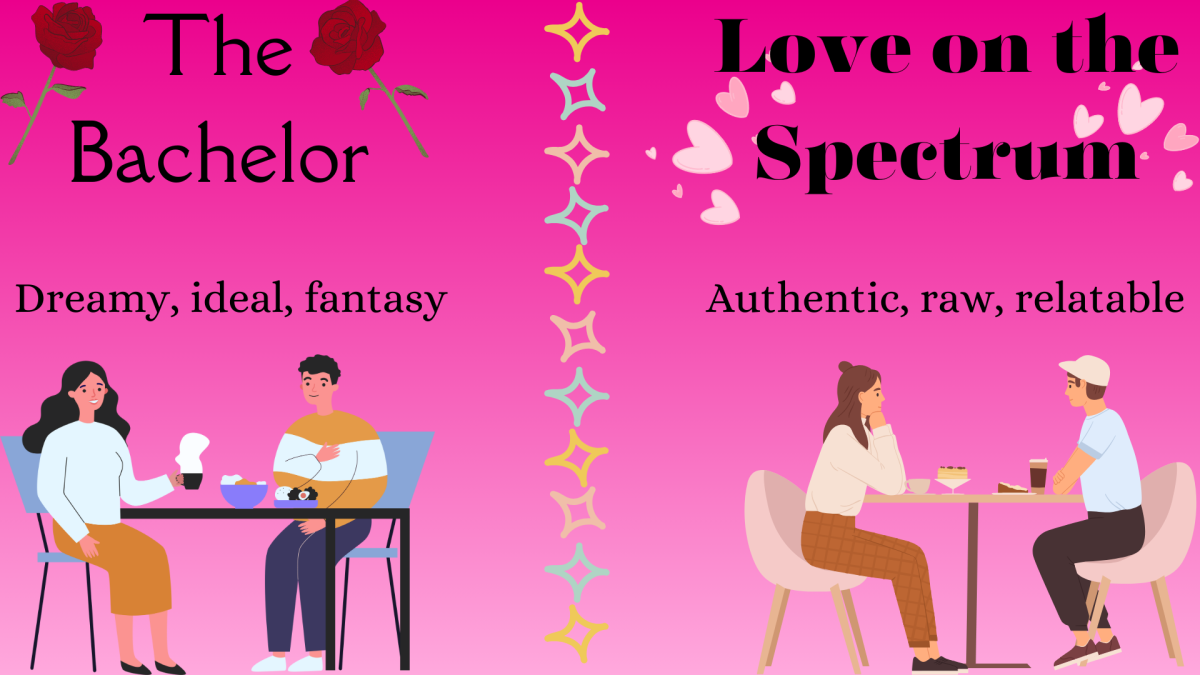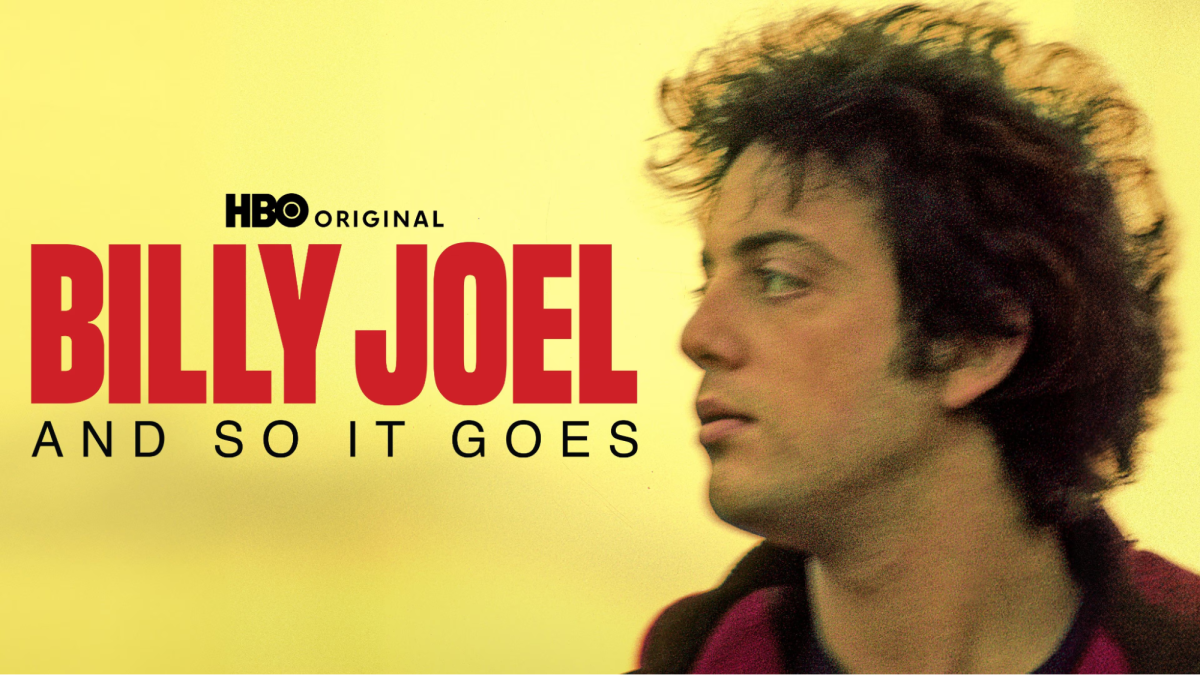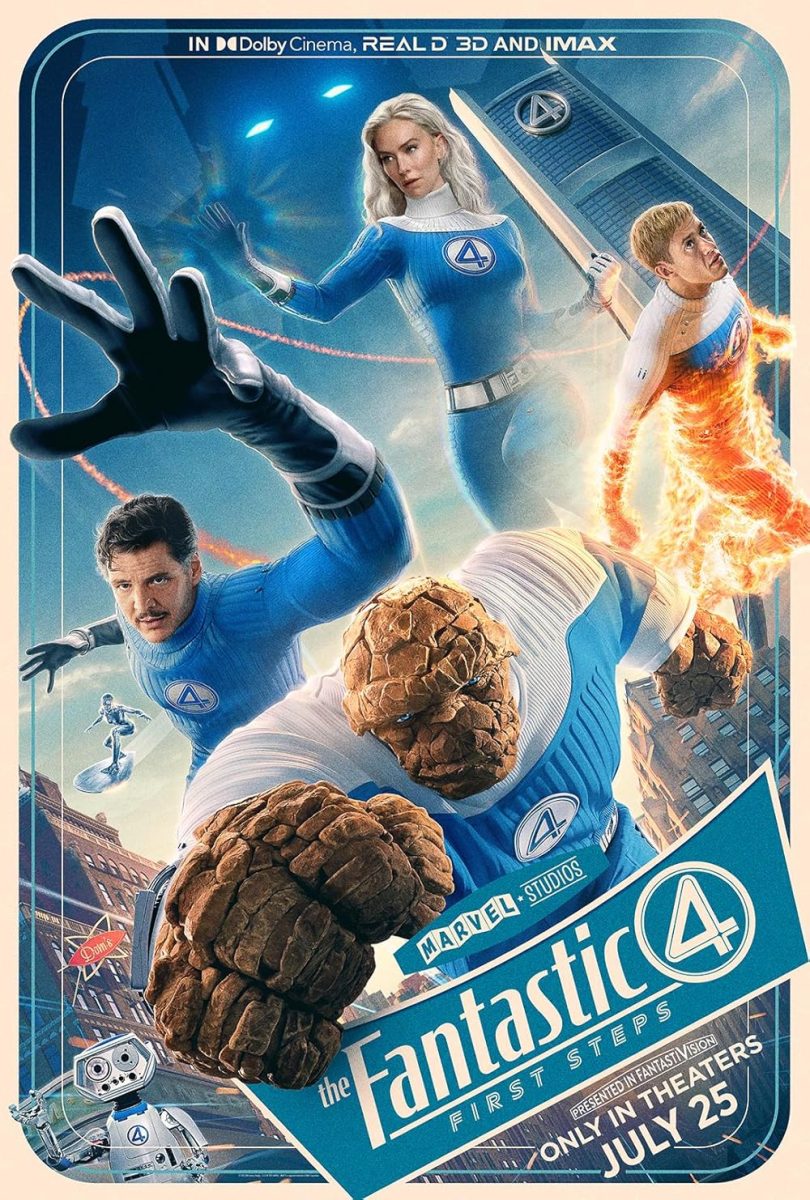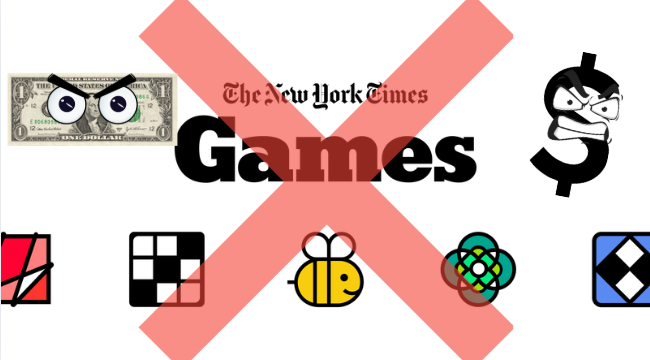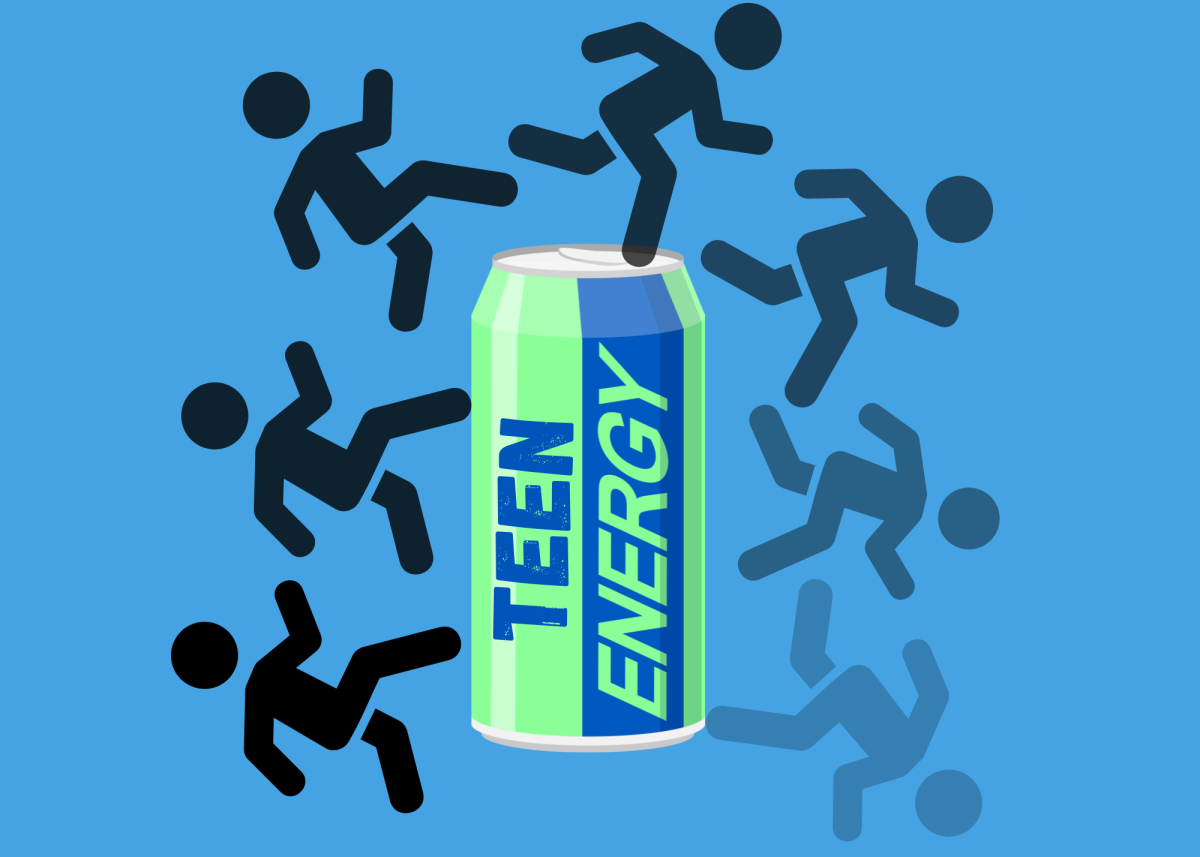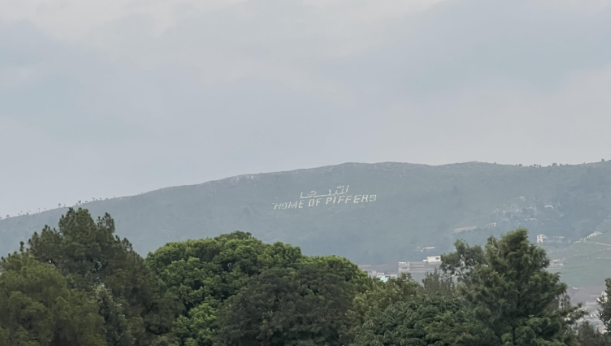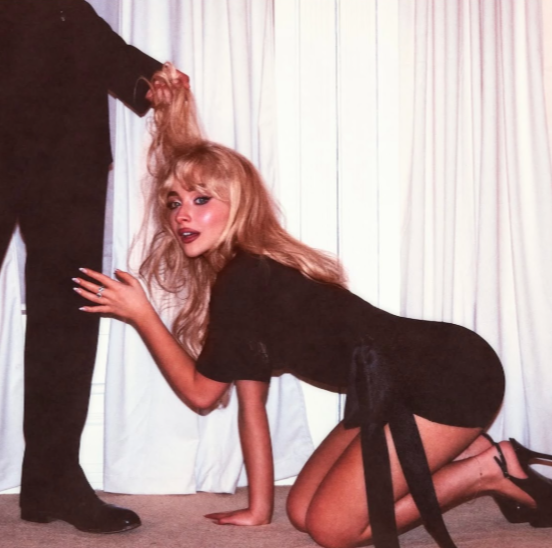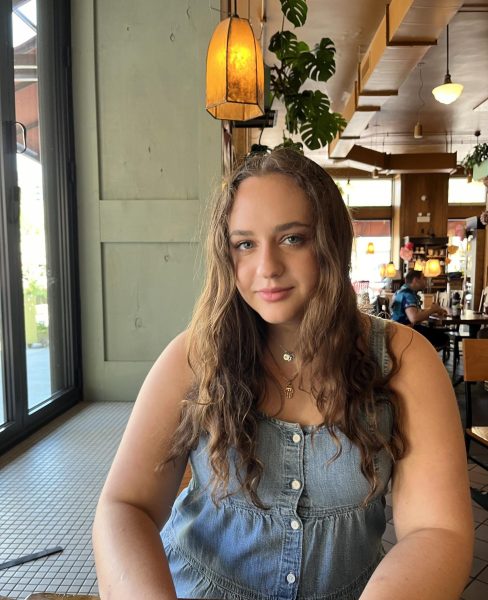“Do you accept this rose?” the perfectly proportional, conventionally attractive man asks his equally gorgeous, made-up, perfectly styled female counterpart. The two are sitting in a perfectly lit, empty, romantic, and intimate restaurant in some warm and remote tropical destination. “Well…” She pauses. The dramatic music swells and comes to a climax. “Of course I do.” The two escape to the picturesque balcony that has magically appeared and embrace as suddenly fireworks go off in the distance. The show cuts to an interview of the man, post-date. “I felt a spark tonight.” Then to another interview, now with the woman. As she giggles, she quietly says, “I think… I think I’m falling for him.”
It’s all so perfect, like a fairy tale, and some do watch TV to escape into this sort of fantasy land. But it’s not real. It’s edited, staged, and scripted. The contestants are actors, in bright lights, in designer clothes, and in the best makeup money can buy. When it comes to relationships, love, and intimacy, people crave representation.
Haya Dababneh, a junior at North explains that the show is unrealistic. “You can’t fall in love with someone in that short of a time span. Wanting a rose is the motivation on the show, not finding love.”
The hit TV show Love on the Spectrum conveys authenticity much better than the idealized and phony Bachelor saga. Love on the Spectrum is a Netflix show centered around various people on the autism spectrum who are looking for love. The show follows the couples as they go on dates and explore their feelings, covering both the sweet and cringy sides of modern-day love.
Love on the Spectrum does a phenomenal job at showcasing the fun and romantic parts of dating but doesn’t cut clips of the not-so-perfect, and even awkward moments that naturally come with dating. It stresses to the audience that dating is hard and awkward sometimes. While the show’s subjects are people with autism, these raw and authentic moments of dating are applicable to anyone and everyone; neurodivergent or neurotypical.
Tanner and Kate from Love on the Spectrum are on a date at the zoo. After extensive animal observation, the two sit down on some shady concrete stairs surrounded by trees and foliage.
“Do you like tacos?” Tanner asks.
“Yes,” Kate responds, smiling.
“I like tacos too. What do you like about tacos?” Tanner inquires.
“I like chicken and cheese,” Kate answers.
“Me too,” says Tanner.
A long, awkward pause ensues. After a while, Tanner says, “I can’t think of anything to say, but I’m still having a good time.” This interaction is exactly what the world of televised love needs. Any ounce of awkwardness in dating and relationships becomes automatically stigmatized and taboo when we never see it in the media. Audiences won’t see anything like this in shows like Too Hot to Handle or Love Island.
As constant consumers of media, audiences need and deserve representation of authentic dating experiences, not more fake, phony excuses of romance. We deserve to escape to a world where people have true and genuine experiences, just like ours.


